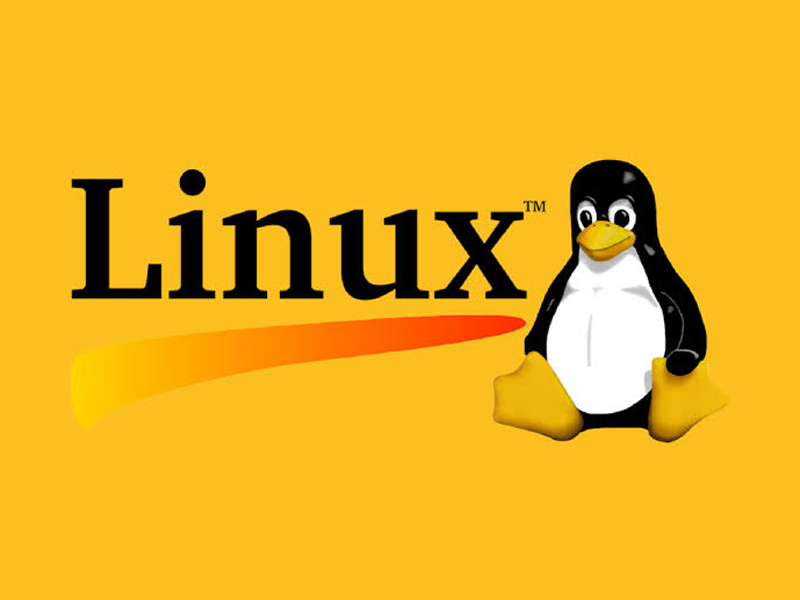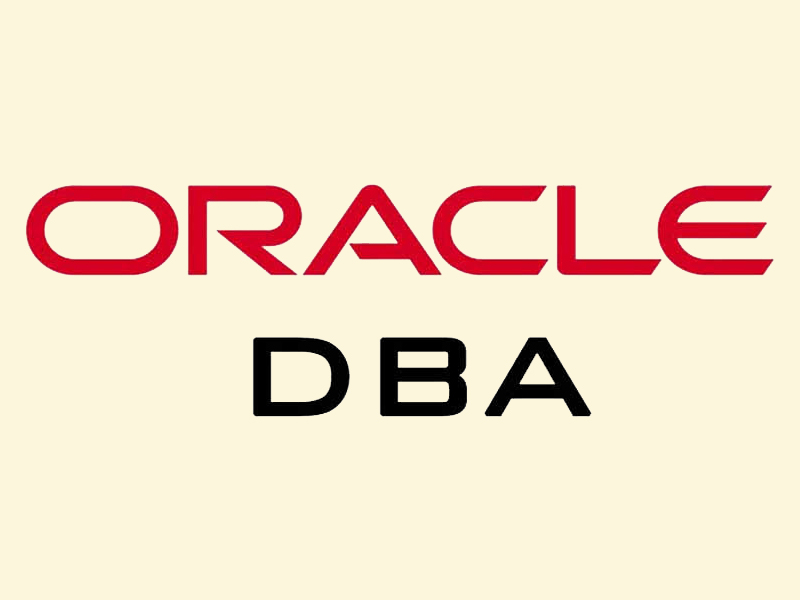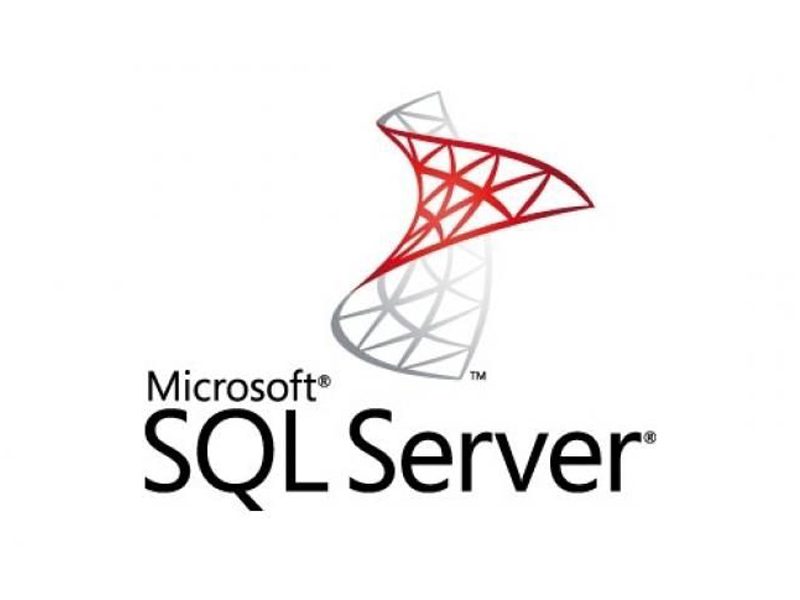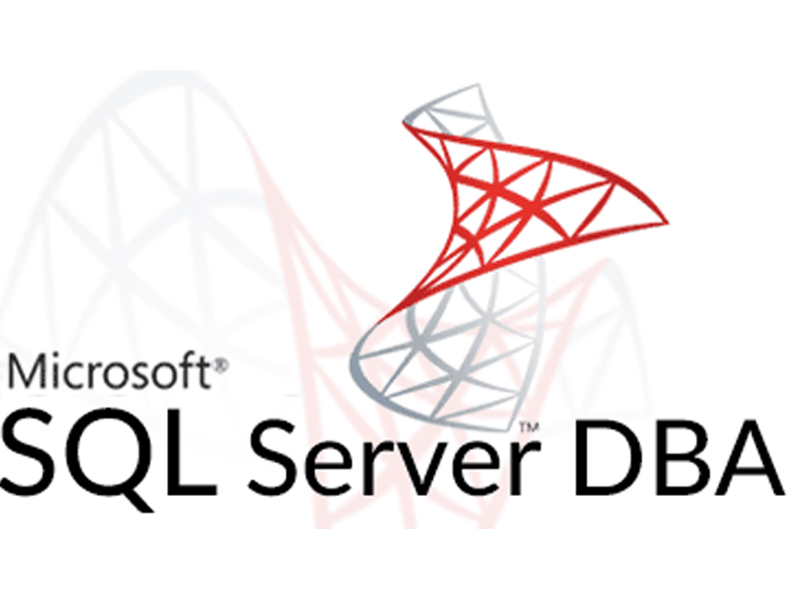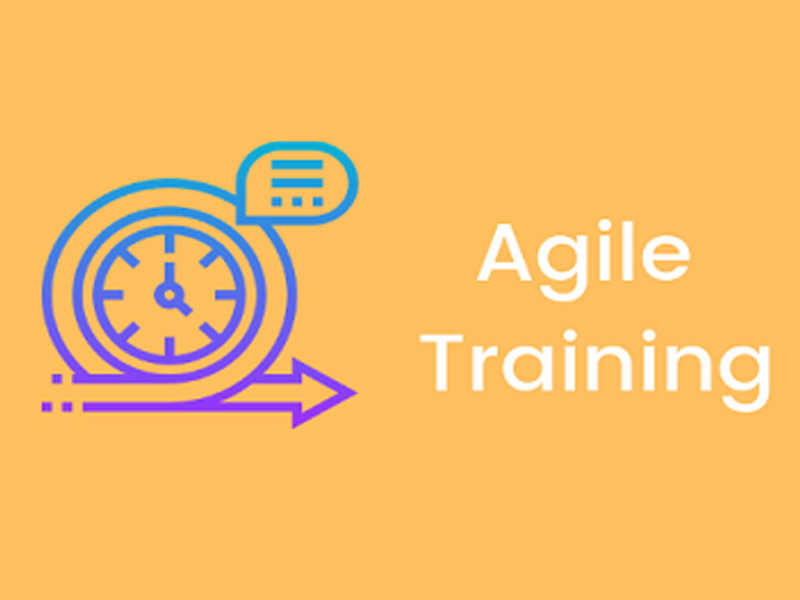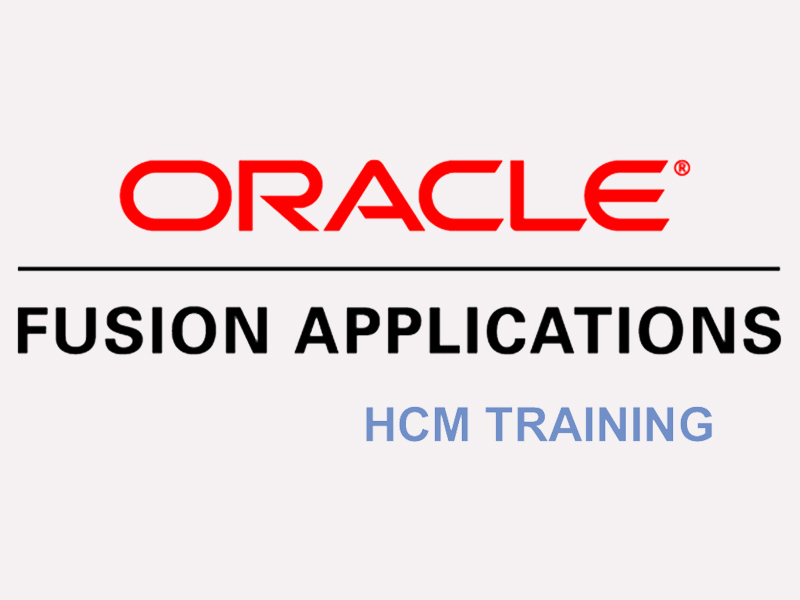There are no prerequisites to learn this Oracle SQL/PL SQL training course, having basic knowledge of DBMS would be an added advantage.
Oracle SQL/PL SQL Course Overview
Our Oracle PL/SQL training is designed to provide you with the fundamental knowledge of building database applications with the help of PL/SQL. You will gain in-depth knowledge of how to create stored procedures, functions, packages, cursors, database triggers, collections, etc. This PL/SQL certification course will expose you to the real world use cases. Enroll now into Oracle PL/SQL training to get certified.
About Oracle SQL/PL SQL Training Course
PL/SQL is a combination of SQL and procedures features of programming language. It was developed in the early ’90s by oracle corporation to extend the capabilities of SQL. PL/SQL contains procedure language elements such as loops and conditions. It allows declaring various elements such as variables and constants functions and procedures, types of variables and triggers.
PL/SQL is a portable and high-performance transaction processing language and provides an independent programming environment. We can also directly call the PL/SQL from the command line SQLPLus interface. This training module covers all the essential topics of Oracle PL/SQL.
Oracle SQL/PL SQL training Course Objectives
Q) What will you learn in this Oracle SQL/PL SQL training online training?In our Svtechhub’s Oracle SQL/PL SQL training, you will learn about:
- Creating, designing and building multiple database applications
- Stored procedures and triggers
- Exception Handling
- Packages
- Data security
- Performance and integrity
- DDL, DML SQL command languages
- SQL is one of the widely accepted databases in the majority of the projects for the purposes of data storage.
- Companies are in search of Oracle PL/SQL qualified candidates to manage their data.
- The average salary received by a SQL developer is $85,599 USD.
Duration: 35 Hours 1 PL/SQL Concepts.
1.1 PL/SQL Client Server Architecture
- 1.1.1 Use PL/SQL Anonymous Blocks
- 1.1.2 Understand How PL/SQL gets executed.
1.2 PL/SQL in SQL*Plus
- 1.2.1 Use Substitution Variables
- 1.2.2 Use DBMS_OUTPUT.PUT_LINE statement
2 General Programming Language Fundamentals
2.1 PL/SQL Programming Fundamentals
- 2.1.1 Make Use of PL/SQL Components
- 2.1.2 Male Use of PL/SQL Variables
- 2.1.3 Handle PL/SQL Reserved Words
- 2.1.4 Make Use of Identifiers in PL/SQL
- 2.1.5 Make Use of Anchored Data Types
- 2.1.6 Declare and Initialize Variables
- 2.1.7 Understand the Scope of a Block, Nested Blocks, and Labels
3 SQL in PL/SQL
3.1 Making Use of DML in PL/SQL
- 3.1.1 Use the SELECT INTO syntax for variable initialization
- 3.1.2 Use DML in PL/SQL Block
- 3.1.3 Make use of sequence in a PL/SQL Block
4 Conditional Control: IF Statements
4.1 IF statement
- 4.1.1 Use IF-THEN statements
- 4.1.2 Use IF-THEN-ELSE statement
4.2 ELSIF Statement
4.3 Nested IF Statement
5 Conditional Control: CASE Statements
5.1 CASE statement
- 5.1.1 Use the CASE statement
- 5.1.2 Use Searched CASE statement
5.2 CASE Expression
6 Iterative Control: Part 1
6.1 Simple Loops
- 6.1.1 Use Simple Loops with EXIT condition
- 6.1.2 Use Simple Loops with EXIT WHEN condition
6.2 WHILE Loop
6.3 Numeric FOR Loops
- 6.3.1 Use the Numeric FOR loops with IN option
- 6.3.2 Use the Numeric FOR loops with REVERSE Option
7 Iterative Control: Part 2
7.1 The Continue Statement
- 7.1.1 Use the CONTINUE statement
- 7.1.2 Use the CONTINUE WHEN condition
- 7.1.3 Nested Loops
8 Error Handling and Built-In Exceptions
8.1 Handling Errors
- 8.1.1 Understand the importance of Error Handling
8.2 Built-in Exception
9 Exceptions
9.1 Exception Scope
9.2 User defined Exception
9.3 Exception Propagation
- 9.3.1 Understand How exception Propagate
- 9.3.2 Re-raise Exception
10 Exceptions: Advanced Concepts
- 10.1 RAISE_APPLICATION_ERROR
- 10.2 EXCEPTION_INIT Pragma
- 10.3 SQLCODE and SQLERRM
11 Introduction to Cursors
- 11.1 Cursor Manipulation
- 11.1.1 Make Use of Record Types
- 11.1.2 Process an Explicit Cursor
- 11.1.3 Make Use of Cursor Attributes
- 11.2 Using Cursor FOR loops and Nested Cursors
- 11.2.1 Use a Cursor FOR loop
- 11.2.2 Process Nested Cursors
12 Advanced Cursors
- 12.1 Using Parameters with Cursors.
- 12.2 FOR UPDATE and WHERE CURRENT cursors
13 Triggers 13.1 What are Triggers
- 13.1.1 Understand what a Trigger is
- 13.1.2 Use BEFORE and AFTER triggers
- 13.2 Type of Triggers
- 13.2.1 Use Row and Statement Triggers
- 13.2.2 Use INSTEAD of Triggers
14 Compound Triggers
- 14.1 Mutating Table Issue
- 14.2 Compound Trigger
15 Collections.
- 15.1 PL/SQL Tables
- 15.1.1 Use Associative Array
- 15.1.2 Use Nested Tables
- 15.2 Varray
16 Records
- 16.1 Record Types
- 16.1.1 Use Table-Based and Cursor-Based records
- 16.1.2 Use User-Defined Records
- 16.2 Nested Records
- 16.3 Collection Records
17 Native Dynamic SQL
- 17.1 EXECUTE IMMEDIATE Statement
- 17.2 OPEN-FOR, FETCH and CLOSE statements
18 Procedures
- 18.1 Creating Procedures
- 18.1.1 Create Procedures
- 18.1.2 Query the Data Dictionary for information on Procedures
- 18.2 Passing parameters into and out of Procedures
19 Functions
- 19.1 Creating and Using Functions
- 19.1.1 Create Stored Functions
- 19.1.2 Make use of Functions
- 19.1.3 Invoke Functions in SQL statements
20 Packages
- 20.1 The Benefits of Using Packages
- 20.1.1 Create Package Specification
- 20.1.2 Create Package Bodies
- 20.1.3 Call Stored Packages
- 20.1.4 Create Package Variables and Cursors
1) Oracle SQL/PL SQL training Certification:
Certification plays an essential role in uplifting one’s career. Companies are preferring to hire the candidates with the Oracle PL/SQL Developer Certified Associate certification. Passing the Oracle SQL/PL SQL developer certified associate exam demonstrates that you are a skilled professional in Oracle SQL/PL SQL training. This course curriculum is inlined for clearing the Oracle PL/SQL Developer Certified Associate certification. At the end of the training, you will be awarded the Oracle SQL/PL SQL training Course completion certificate form the SVTechhub which is valid across the top MNCs.
2) Which companies are recruiting Oracle SQL/PL SQL training professionals?
Below mentioned is a list of top companies that are employing Oracle SQL/PL SQL training professionals.
- IBM
- Capgemini
- Accenture
- Infosys
- Techmahindra
- Wipro
- Deloitte
3) Who can join this course?
- Software Developers
- SQL and Analytics Professionals
- Those aspiring for a career in Oracle PL/SQL
- Database Administrators
- BI and Data Warehousing Professionals
Reviews








